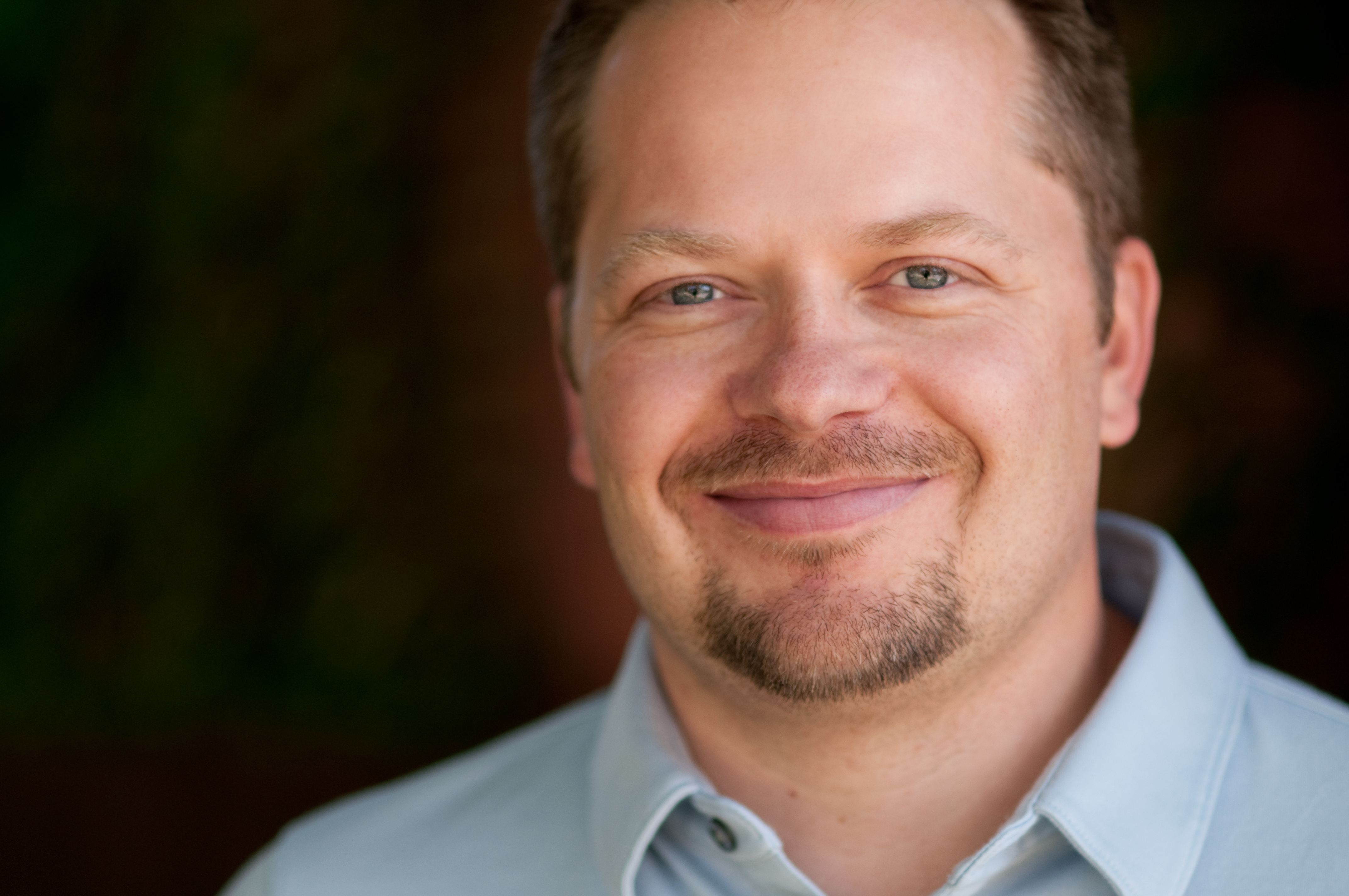This month in our weekly support group meeting, we have been using the book Safe People by Cloud and Townsend as a discussion starter. This book is a really great resource, and I highly recommend it. It is one of those books that causes you think about your life and relationships in a fresh way.
One concept (also a section in the book) that really stood out to me was “Do I Attract Unsafe People?” (Cloud and Townsend, Safe People, pg. 83). This question was explored a bit in the text. The authors then introduced the idea of a “safety deficit.” In short, a safety deficit is when a person has too few (or none at all) safe places and/or people. Out of this deficit, they can make all kinds of unhealthy decisions. The old adage, “Bad love is better than no love,” comes to mind. When one is operating out of a safety deficit, it can certainly seem like they are attracting unsafe people.
The Effects of a Safety Deficit
One of the effects of a safety deficit is that it creates an inability to judge character (Cloud and Townsend, pg. 95). We know we should use both our head and our heart when making relationships decisions. Yet we often go with our feelings and our attractions without giving much thought to a person’s character. Out of loneliness and perhaps without a better option, we move into an unhealthy relationship. Our decisions have been made without much credence given to the other person’s unsafe actions or deeds.
Isolation and fear of abandonment (Cloud and Townsend, pg. 96) are another set of consequences of a safety deficit. Left to ourselves, we don’t make the best decisions. Our fear of being alone or abandoned may cause us to continue in a relationship that is detrimental or abusive. Without a better example and safe relationships to ground us, we are in trouble.
One last effect I will write about here is denial of pain and perceptions (Cloud and Townsend, pg. 107). This one breaks my heart, because I think this is true of so many men and women who have experienced abuse. A person who is operating out of this safety deficit has had their true feelings and perceptions discounted/dismissed so many times that they no longer trust themselves. Even when their “gut” is telling them to run away from someone, they mistrust themselves and move into an unsafe relationship anyway. They’ve been told their feelings are wrong so much that their default belief is that they are always wrong.
Cloud and Townsend explore quite a few other effects in their book Safe People. If any of this “rang a bell” for you, I recommend picking up a copy.

Roger Jones
Executive Director
In the spring of 1995, the conflict Roger felt between his faith and his sexuality, as well as an addiction to pornography, led him to WGA. His personal journey has provided him unique insights into sexuality and the pain of adversity, which he shares through his testimony, facilitation of small groups, writing and public speaking.
Roger began working with WGA in October of 1996 as the Assistant office Manager. Since that time, he has worn many hats and served in several different positions, including Assistant Program Director and Operations Director. In April of 2007, Roger assumed the position of Executive Director.
Roger attended West Texas A&M University, where he studied Music Business. Much of his training has been “on the job,” where he was mentored by the ministry’s Founder, Mary Heathman, and the Program Director, Scott Kingry. He holds a BA from West Texas A&M University.
Roger, his wife Jill, and their daughter Julia and son William, attend Celebration Community Church where Jill serves as Associate Pastor.
Make a Difference in Someone's Life
If you enjoy reading WGA’s blogs and would like to show your support, please consider making a donation. Where Grace Abounds is a 501(c)3 non-profit organization. The majority of services, including support groups and discipleship counseling, are provided free of charge. Your financial gifts help to cover the costs associated with offering a free program to those who seek WGA’s services.

